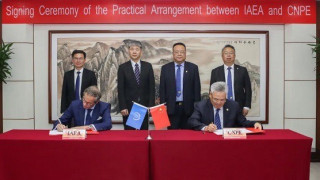A stark contrast in carbon emissions between the wealthiest and most economically disadvantaged sectors within individual countries. The top 10% of income earners in many nations are found to contribute up to 40 times more climate-heating carbon emissions than the lowest 10% of their counterparts, according to information obtained by The Guardian.
This significant divide in emissions poses a challenge to the formulation of effective climate policies. It is emphasized that neglecting this disparity when crafting strategies to reduce emissions may result in public resistance due to concerns about the affordability of climate action.
The global impact of this issue is underscored by the fact that the wealthiest 10% worldwide are responsible for half of all global emissions. Despite the attention often given to the extravagant lifestyles of the top 1%, it is the broader affluent class that plays a pivotal role in determining the trajectory of the climate crisis.
The shift in emission inequality over the past three decades is noteworthy. While historical climate negotiations primarily focused on the divide between rich and poor nations, the current scenario sees the bulk of inequality in emissions existing within individual countries.
This internal divide in emissions is particularly evident in major economies such as the United States, the United Kingdom, the European Union, and Japan, where the carbon footprints of the richest 10% are approximately 15 times greater than those of the poorest 10%. In countries like China, South Africa, Brazil, and India, the top 10% contribute 30-40 times more emissions than the bottom 10%.
As the Cop28 UN climate summit approaches, understanding and addressing this internal inequality will be crucial for the development of policies that are not only effective in reducing overall emissions but also perceived as equitable and just by all segments of society. Moreover, while the focus has shifted to internal disparities, it is emphasized that continued international support for the poorest and least polluting nations remains paramount in the global effort to combat climate change.










Leave a comment